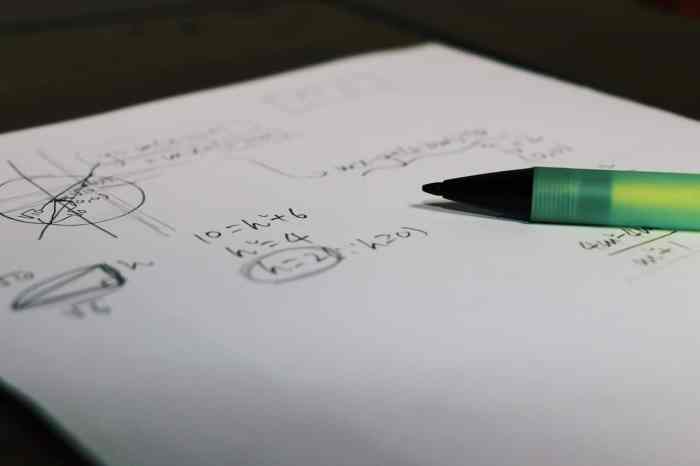In the realm of healthcare, Hartman’s Nursing Assistant Care Workbook Answers Chapter 2 emerges as an indispensable guide, providing a comprehensive understanding of fundamental patient care practices. This chapter delves into the intricacies of personal care, vital signs monitoring, nutrition, hydration, elimination, mobility, and cognitive and behavioral care, equipping nursing assistants with the knowledge and skills to deliver exceptional patient care.
As we navigate through this chapter, we will explore the various types of personal care tasks, emphasizing the importance of respect and compassion in patient interactions. We will delve into the techniques for accurately measuring and recording vital signs, recognizing the significance of monitoring these indicators for patient well-being.
Furthermore, we will discuss the nutritional needs of patients, the types of diets they may follow, and the strategies for assisting them with eating and drinking.
Personal Care: Hartman’s Nursing Assistant Care Workbook Answers Chapter 2

Personal care encompasses a wide range of tasks that nursing assistants perform to help patients maintain their hygiene, comfort, and well-being. These tasks include:
- Bathing and showering
- Dressing and grooming
- Oral hygiene
- Toileting and incontinence care
- Skin care
When providing personal care, it is important to respect the patient’s privacy and dignity. Always ask for the patient’s permission before performing any task, and explain what you are doing and why. Be gentle and compassionate, and take your time to make the patient feel comfortable.
Vital Signs
Vital signs are essential measurements that provide information about a patient’s overall health and well-being. Nursing assistants are responsible for monitoring vital signs, including:
- Temperature
- Pulse
- Respiration
- Blood pressure
It is important to monitor vital signs regularly and report any changes to the nurse. Changes in vital signs can indicate a change in the patient’s condition, and early detection can help prevent serious complications.
Nutrition and Hydration
Nutrition and hydration are essential for maintaining good health. Nursing assistants help patients eat and drink by:
- Assisting with meal preparation
- Feeding patients who are unable to feed themselves
- Encouraging patients to drink plenty of fluids
It is important to monitor patients’ nutritional status and report any changes to the nurse. Changes in nutritional status can indicate a change in the patient’s condition, and early detection can help prevent serious complications.
Elimination, Hartman’s nursing assistant care workbook answers chapter 2
Elimination is the process of removing waste products from the body. Nursing assistants help patients with elimination by:
- Assisting with toileting
- Providing incontinence care
- Emptying and cleaning urinary catheters
It is important to monitor patients’ elimination patterns and report any changes to the nurse. Changes in elimination patterns can indicate a change in the patient’s condition, and early detection can help prevent serious complications.
Mobility and Exercise
Mobility and exercise are important for maintaining good health. Nursing assistants help patients with mobility and exercise by:
- Assisting with ambulation
- Providing range-of-motion exercises
- Encouraging patients to participate in physical activities
It is important to monitor patients’ mobility and exercise tolerance and report any changes to the nurse. Changes in mobility and exercise tolerance can indicate a change in the patient’s condition, and early detection can help prevent serious complications.
Activities of Daily Living (ADLs)
Activities of daily living (ADLs) are the basic tasks that people need to perform in order to live independently. Nursing assistants help patients with ADLs by:
- Assisting with bathing and dressing
- Helping patients eat and drink
- Assisting with toileting and incontinence care
- Providing transportation
It is important to monitor patients’ ability to perform ADLs and report any changes to the nurse. Changes in ADL performance can indicate a change in the patient’s condition, and early detection can help prevent serious complications.
Cognitive and Behavioral Care
Cognitive and behavioral care is important for maintaining mental health and well-being. Nursing assistants help patients with cognitive and behavioral care by:
- Providing orientation and reality checks
- Encouraging patients to participate in activities
- Monitoring patients for signs of depression or anxiety
It is important to monitor patients’ cognitive and behavioral status and report any changes to the nurse. Changes in cognitive and behavioral status can indicate a change in the patient’s condition, and early detection can help prevent serious complications.
Emergency Care
Nursing assistants may be the first responders to a medical emergency. It is important to be prepared to provide emergency care by:
- Calling for help
- Performing CPR
- Administering oxygen
- Controlling bleeding
It is important to stay calm and follow the instructions of the nurse or other medical professional. By being prepared to provide emergency care, you can help save a life.
Common Queries
What are the key responsibilities of a nursing assistant?
Nursing assistants are responsible for providing personal care, monitoring vital signs, assisting with nutrition and hydration, managing elimination, promoting mobility, and providing cognitive and behavioral care to patients under the supervision of a registered nurse.
How do I ensure that I am providing respectful and compassionate care to patients?
To provide respectful and compassionate care, it is essential to treat patients with dignity, maintain their privacy, listen attentively to their concerns, and involve them in decision-making whenever possible.
What are the different types of vital signs that nursing assistants monitor?
Nursing assistants typically monitor temperature, pulse, respiration, and blood pressure.

